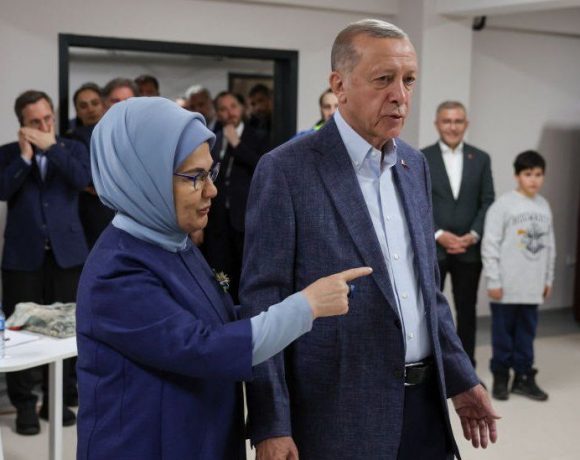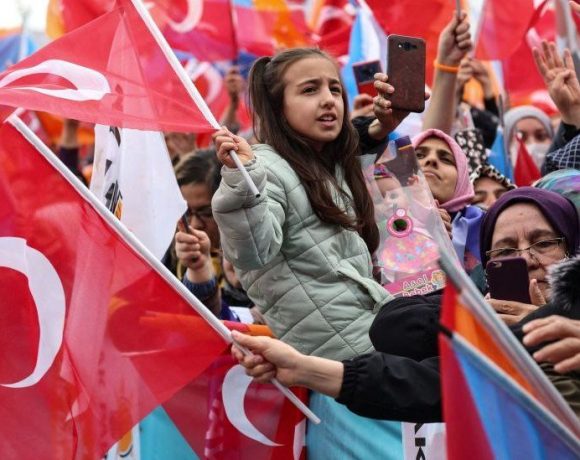
The Turkish people are currently participating in what is considered the most crucial elections in their recent history. These elections will determine whether Recep Tayyip Erdogan will continue to hold the presidency after his 20-year rule.
Kemal Kilicdaroglu, Erdogan’s main opponent, has pledged to revoke many of the powers acquired by Erdogan following his survival of a failed coup in 2016. Backed by a broad opposition alliance, Kilicdaroglu stands a real chance of winning the election.
Two significant issues have greatly concerned Turkey’s 64 million voters: the skyrocketing inflation and the occurrence of two earthquakes. These concerns have intensified the race, with voters lining up at polling stations even before they open.
The enthusiasm for democracy among the Turkish people is evident, as some individuals have humorously mentioned breaking the voting stamp in their eagerness to participate twice. In Antakya, a city severely affected by the earthquakes in February, over 100 buses transported displaced individuals to polling stations so they could cast their votes. The earthquakes have impacted eleven provinces across the country.
To secure an outright victory in the election, the winner must receive more than 50% of the vote. Otherwise, a runoff will take place in two weeks’ time.
Kilicdaroglu, aged 74, arrived at a crowded polling station in an Ankara school amid chants of “everything will be all right.” One voter affectionately referred to him as “grandpa,” a term used by young voters. Sima, who came to greet him along with her friend Pilay, expressed excitement at the prospect of change after more than two decades of the current regime.
Picture Courtesy: Google/images are subject to copyright

